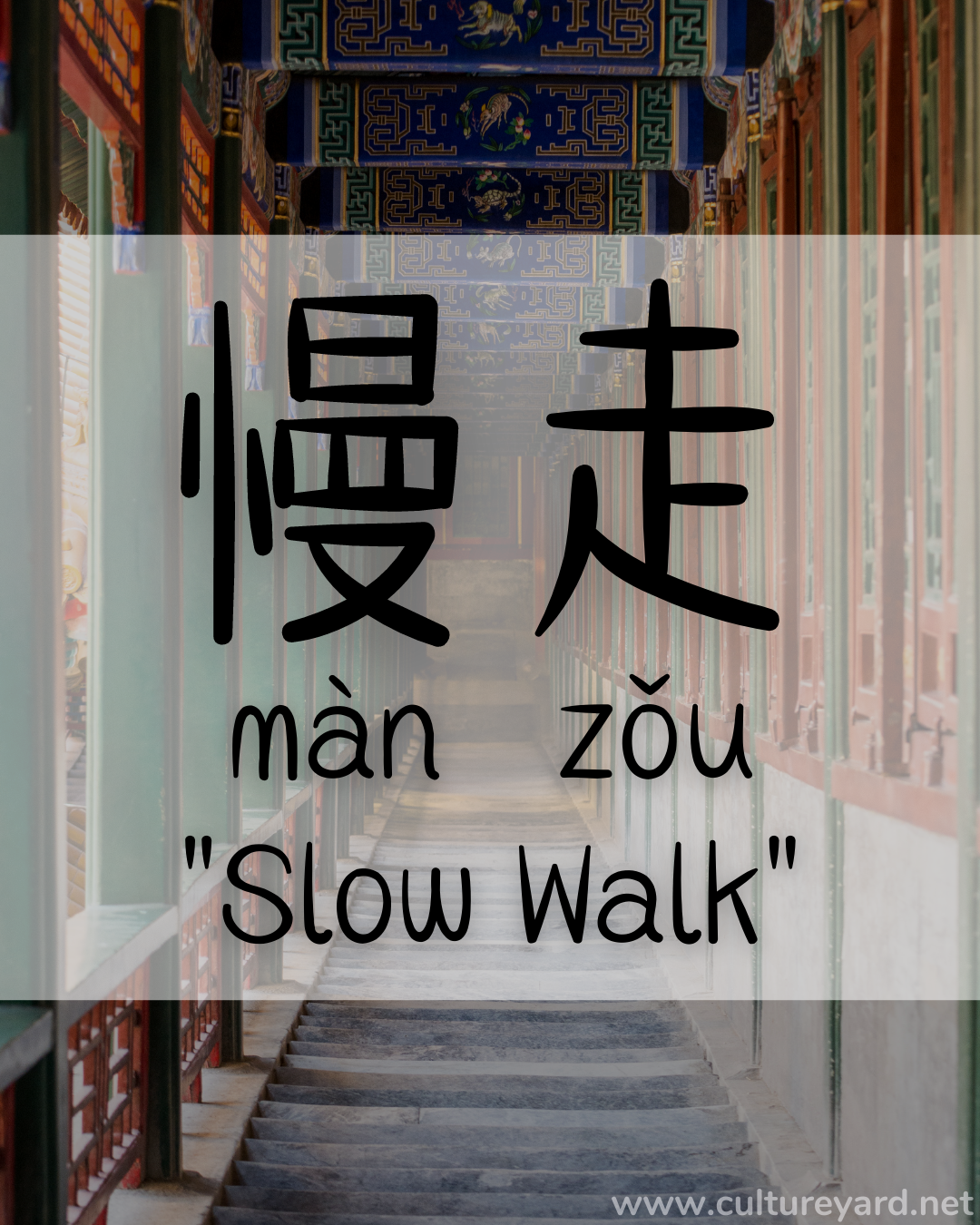How to Say Goodbye in Chinese
August 29, 2019
As sad as it is to see friends leave, the day comes when we must bid a tearful "farewell" to those we knew... Or they might just be going to work, and you'll see them in a few hours, at which time you can continue binge-watching Netflix together.
Whatever the case, it is helpful to know how to say goodbye in Chinese:
1. 再见 Zàijiàn (Goodbye)
Literally meaning "see you again", 再见 is appropriate for all occasions. However, among the younger generation this is considered a bit formal. If you want to be specific about when you will see the person again, you can replace "再" with a time.
For example:
明天见。 Míngtiān jiàn See you tomorrow.
下周见。 Xià zhōu jiàn See you next week.
2. 慢走 Màn zǒu (Take care)
This phrase is used by the host/hostess at the guest's departure. (You may have heard this in restaurants or stores.) 慢走 literally means "walk slowly".

3. 保重 Bǎozhòng (Take care of yourself)
This expresses concern for someone's health and wellbeing. 保重 was originally part of a longer phrase in a Taoist text, though in modern Chinese it was shortened to just two characters.
4. 拜拜 Bàibài (Bye-bye!)
拜拜 comes from English and is very popular among the younger generation (but you will probably hear people of all ages using it).
As you might guess, 拜拜 is a very informal way to say goodbye.
5. 下次再会 Xiàcì zàihuì (See you next time!)
Let's break this down.下次 means "next time" and 再 means "again". 会 is short for 会面, which means "to meet".
We have heard this broadcast on high-speed trains as we get off. Keep your ears peeled next time you take a train and see if you can pick it out!

6. 回头见 Huítóu jiàn (See you soon)
回头 literally means "to turn one's head", though colloquially it means "later". This is also a casual way to say goodbye. Although you might not know exactly when, you will see each other around.
If you can't remember all of these, don't worry too much. A simple 拜拜 will probably suffice in most circumstances.
If you’re feeling friendly, check out ways to say “thank you", “you're welcome", and “Hello" in Chinese!
If you’re feeling sassy, you might want to learn how to say “stupid” in Chinese instead!
About the Author
Eden has been learning Chinese since 2008. She fell in love with the language, food, and culture and never looked back! Eden lived in China for six years, including in Harbin, Beijing, and Dali.
